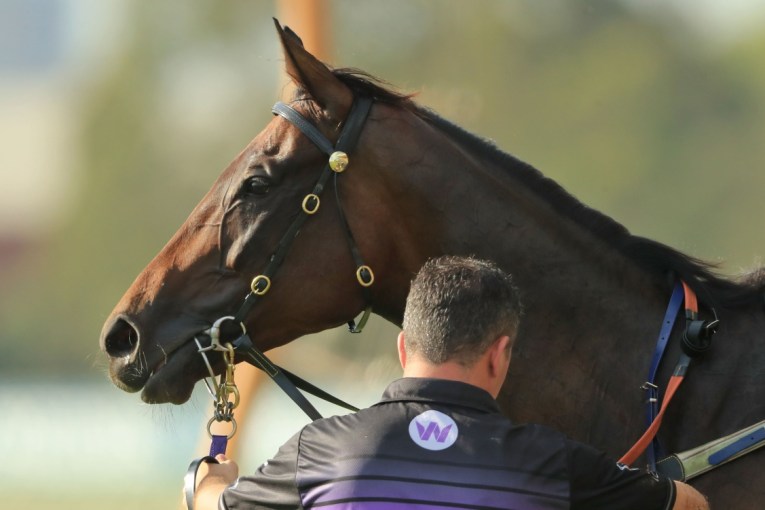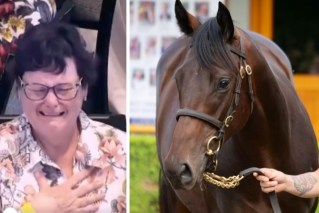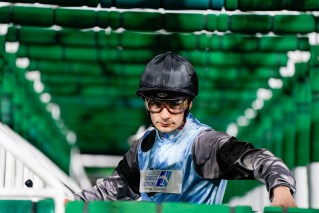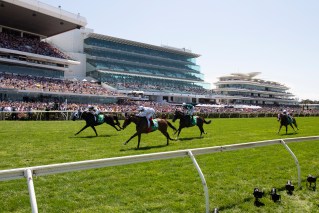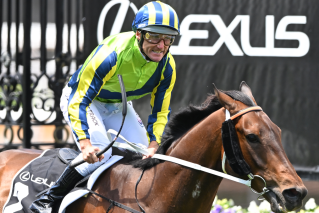Michelle Payne stood down from racing after positive drug test

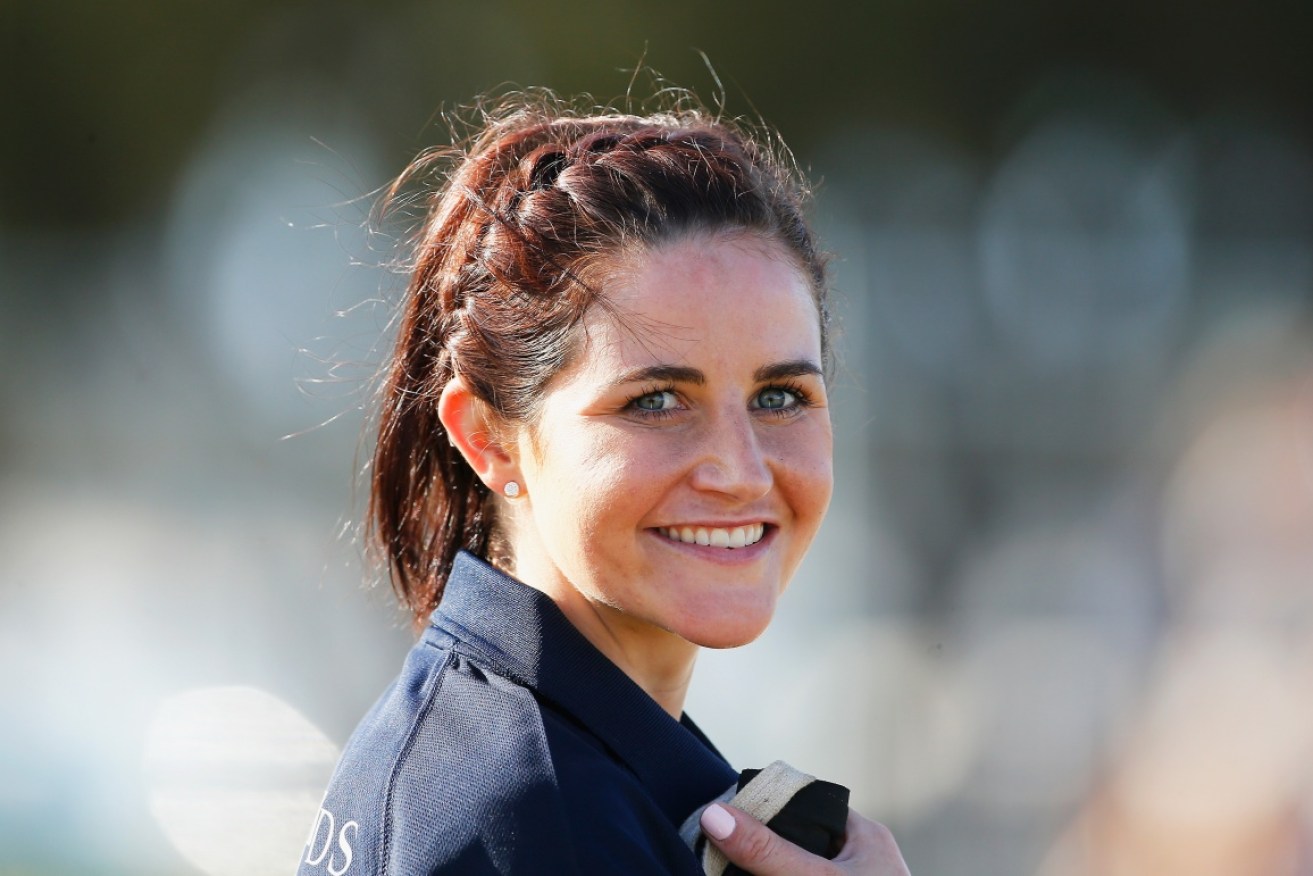
Melbourne Cup-winning jockey Michelle Payne has tested positive to a banned substance. Photo: Getty
Australia’s golden girl of racing Michelle Payne has been stood down from riding after allegedly testing positive to a banned substance.
Racing Victoria (RV) stewards will question Payne at an inquiry on Thursday into the results of a urine sample she provided at the Swan Hill Cup on June 11.
Stewards received a report from Racing Analytical Services Limited which confirmed both Payne’s A and B samples from the meet had tested positive to the presence of Phentermine, an appetite suppressant.
Payne was stood down from riding in races and trackwork on June 23 by stewards pending the result of Thursday’s inquiry.
According to the chairman of the Australian Jockey Association Des O’Keefe, Payne was prescribed Phentermine by her doctor after a career-threatening race fall in Mildura last May, which required pancreatic surgery.
“It’s based on the fact that after that split pancreas last year, which was widely reported, her GP has in good faith prescribed her this as something that would assist her,” he told the ABC.
“Unfortunately Michelle’s onus is to be aware of what she can and can’t take and that should’ve been provided to the doctor who then may have come up with an alternative treatment that didn’t breach the rule once tested.
“I think it’s fair to say she’s extremely disappointed that this has occurred. She accepts full responsibility for having this substance, this appetite suppressant in her system.”
Recent bans for jockeys who have been found guilty of this offence have been one or two months.

RV Stewards confirmed Payne tested positive to Phentermine. Photo: Getty
A number of riders have been suspended after testing positive to appetite suppressants, most notably Damien Oliver, who was suspended for a month in 2009 before successfully appealing the decision, and Hugh Bowman, who was banned for six weeks for the use of Phentermine.
But according to former jockey Dylan Dunn, the use of appetite suppressants is a widespread issue in the world of racing, and that riders often don’t know what they can and can’t take.
“It is a big issue, but it just comes back to knowing what we can and can’t have,” Dunn told The New Daily.
“We all know the major things we can’t have like illicit drugs and codeine, but if someone told me at the beginning you weren’t allowed food suppressors I’d have been very surprised.
“The only way you know if you’re allowed something that specific or not is if you check the list. I hadn’t heard of Phentermine before today.”
Dunn said the pressure on riders to reach unrealistic weights is what sometimes leads jockeys to these extreme measures.
“There’s been times I’ve been fined hundreds of dollar for being 0.1 of a gram over the weight limit,” he said.
“It is hard, there is definitely a lot of pressure on jockeys to make weight … we agree to a weight we shouldn’t really ride at.
“There is a bit of room for improvement in racing [with appetite suppressants] but it doesn’t mean we should allow these instances to occur.”
Michelle Payne’s fairytale story

Payne was the first female winner of the Melbourne Cup. Photo: Getty
Payne captured the hearts of the nation when she became the first woman to win the Melbourne Cup, on $101 chance Prince of Penzance in 2015.
Her racing achievements and stance against chauvinism in the industry was recognised by Sport Australia Hall of Fame and she was named Australia’s most prestigious sports person in 2016.
But just six months later Payne’s career was almost ended when she suffered serious internal injuries at a Mildura race.
She required immediate surgery on a torn pancreas and subsequently developed diabetes.
She has since become one of the first people to apply for a joint jockey/trainers licence.
Her first winner as a trainer-jockey came late last year when Duke Of Nottingham won at Swan Hill.
Payne rode in England’s Royal Ascot last week on Kaspersky and finished in fifth place in the Queen Anne Stakes.
